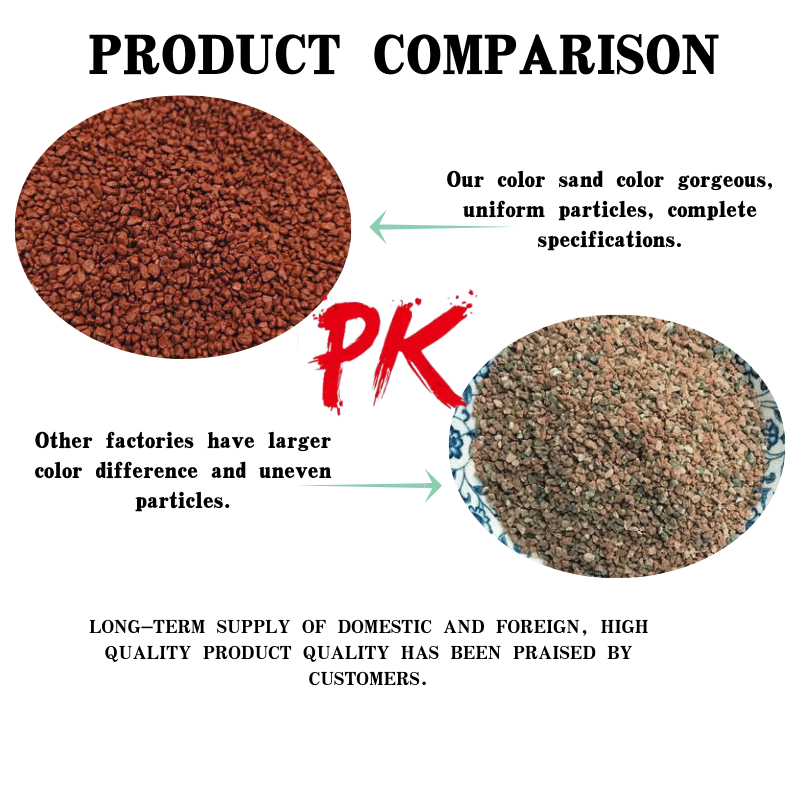
bentonite soil
Exploring Bentonite Soil Properties, Uses, and Benefits
Bentonite soil, a clayey material derived from the weathering of volcanic ash, is renowned for its unique properties and versatile applications. Named after Fort Benton, Wyoming, where it was first discovered, this natural resource is primarily composed of montmorillonite clay, which gives it exceptional swelling, shrinkage, and adsorption capabilities. These characteristics make bentonite soil a valuable asset in various industries, ranging from construction to environmental remediation.
One of the most remarkable properties of bentonite is its ability to absorb water and expand significantly. This characteristic enables it to be used as a sealing agent in landfills, ponds, and reservoirs. When applied as a liner, bentonite forms an impermeable barrier that minimizes water leakage, thereby protecting the surrounding environment from contamination. Moreover, its swelling properties make it ideal for use in drilling muds, where it helps stabilize boreholes and carry cuttings to the surface during oil and gas extraction.
In the construction industry, bentonite is utilized in the production of bricks, tiles, and cement. Its fine particle size and binding properties enhance the strength and durability of these materials. Additionally, bentonite clay is an essential component in the manufacturing of cat litter, as its absorbent nature helps neutralize odors and control moisture effectively.
bentonite soil

Beyond its industrial applications, bentonite soil plays a crucial role in environmental management. It is commonly used in the treatment of contaminated water and soil, thanks to its ability to adsorb heavy metals and toxic substances. This property is particularly beneficial in the field of environmental remediation, where bentonite can help restore contaminated sites to a safe and usable condition.
In agriculture, bentonite serves as a soil amendment that improves soil structure, water retention, and nutrient availability. It can enhance the growth of crops by providing essential minerals and creating a favorable microenvironment for beneficial microorganisms. Furthermore, its use in organic farming practices is gaining traction, as it helps reduce the need for synthetic fertilizers and pesticides.
Despite its many benefits, it is essential to recognize potential challenges associated with the use of bentonite soil. For instance, excessive application can lead to soil compaction, negatively impacting root development and water infiltration. Therefore, proper management practices are crucial to maintain the balance of nutrients and ensure sustainable agricultural productivity.
In conclusion, bentonite soil is a multifaceted natural resource with numerous applications across various sectors. Its unique properties of water absorption, swelling, and adsorption make it a valuable material for construction, environmental management, and agriculture. As industries continue to innovate and seek sustainable solutions, the role of bentonite soil is poised to expand, providing environmentally friendly alternatives in numerous applications.
Share
-
Premium Pigment Supplier Custom Solutions & Bulk OrdersNewsMay.30,2025
-
Top China Slag Fly Ash Manufacturer OEM Factory SolutionsNewsMay.30,2025
-
Natural Lava Rock & Pumice for Landscaping Durable Volcanic SolutionsNewsMay.30,2025
-
Custom Micro Silica Fume Powder Manufacturers High-Purity SolutionsNewsMay.29,2025
-
Custom Mica Powder Pigment Manufacturers Vibrant Colors & Bulk OrdersNewsMay.29,2025
-
Custom Micro Silica Fume Powder Manufacturers Premium QualityNewsMay.29,2025






